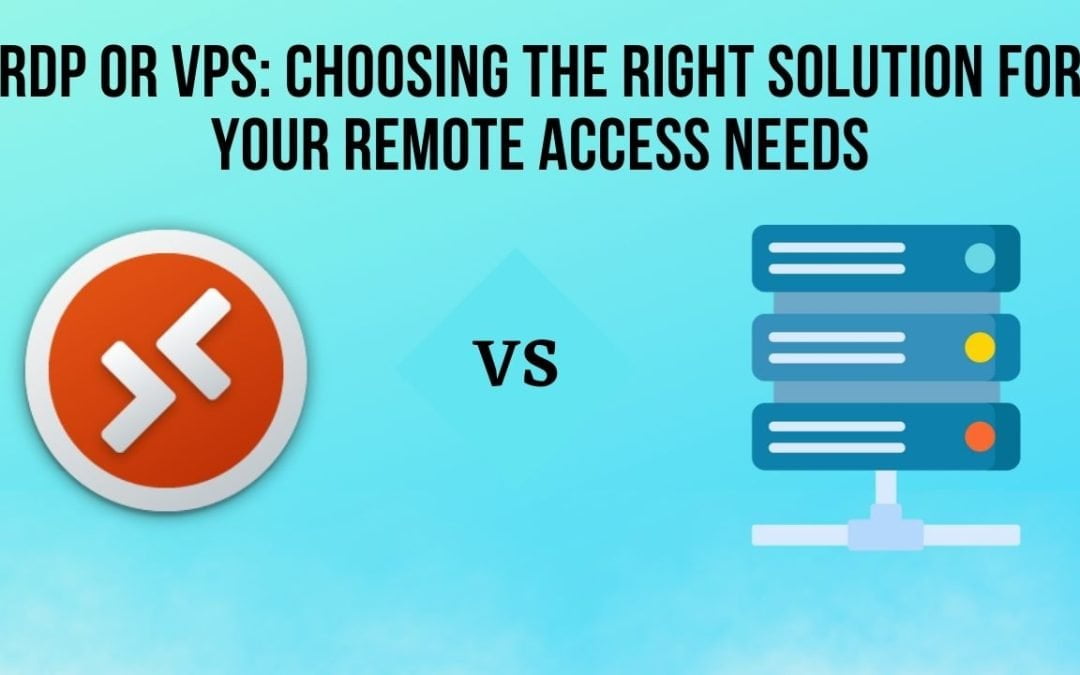Ten benefits of using Remote Desktop Protocol
Read this article to learn about ‘Ten benefits of using Remote Desktop Protocol’.
![Top 5 Remote Desktop Benefits Or Advantages [2022]](https://i0.wp.com/whatvwant.com/wp-content/uploads/2019/12/Remote-Desktop-Benefits-Or-Advantages.png)
What is Remote Desktop Protocol (RDP)?
A technical standard or protocol called Remote Desktop Protocol (RDP) allows users to access desktop computers from a distance. RDP is the most widely used protocol for remote desktop software, but other options include Independent Computing Architecture (ICA), virtual network computing (VNC), and others. RDP was first made accessible by Microsoft and is compatible with the majority of Windows operating systems as well as Mac OS X.
What is Remote Desktop Services (RDS)?
When referring to functionalities of Windows Server that enable distant access to graphical desktop computers and, Windows software and apps, the phrase “Remote Desktop Services” (RDS) is commonly used.
Microsoft’s Remote Desktop Protocol (RDP) allows customers to view more than one computer, their software, and applications (also popularly called Microsoft RemoteApp) from a variety of client apps and systems, such as non-Windows machines through the RDP facilities.
Ten benefits of using Remote Desktop Protocol
The following are the Ten benefits of using Remote Desktop Protocol:
- Leverage legacy devices
Smaller firms can continue to operate with less-capable devices by repurposing or recycling them. No matter how old the gadgets are, as long as they have a browser and a reliable Internet (or LAN) connection, the endpoints of customers will operate just as well as the newest ones. There are, of course, a few conditions that must be met.
2. Enabling employees
User performance will improve as a result of exposure to the most up-to-date innovation. It is more effective, precise, and well-informed to equip employees with the proper facilities. As a result, the companies that hire them can generate healthy profits.
3. Work from home
Along with productivity, customers will be able to work wherever they want, including from home. Keeping staff satisfied while also ensuring organizational productivity isn’t hampered by, for example, COVID 19 restrictions, is a win-win situation. Physical structures such as buildings and offices are less expensive to maintain and operate for business owners.
4. Storage of data in a single location
The combination of a remote connection and channels such as AWS, Azure, or GCP creates the ideal cloud computing environment which contains centralized storage.
There are multiple benefits, such as:
a) If a customer’s data is ever lost, a backup copy will be available in the cloud.
b) Offered by an expert information storage firm, this facility is safe and protected.
c) Companies do not have to operate their server rooms; they can simply hire the technical expertise needed to do so.
d) Because of the technological advancements used in these storage systems, information can be accessed and written with lightning-fast speed and precision.
5. The currency of the technology is assured
There are no worries about the value of technology’s currency
PC service providers ensure that all sharable software and hardware are current, safe, and up-to-date. Many of the most cutting-edge alternatives available can be obtained by admin staff for a portion of the licensing prices that would be incurred if they were installed on the clients’ end. A centralized technique for updating software assures that all customers have access to the most recent versions.
6. Safety is also guaranteed
Additionally, the safety systems that safeguard the complete infrastructures of service providers are part of the currency of technology. Antiviruses, antimalware, peripheral defense systems, information tracking systems, and almost every other software application utilized to keep information, gadgets, and connections secure are all modified centrally.
7. Scalability is simple
As a company grows, so does the amount of information and processing power needed. They have the ability to quickly increase the number of resources they have available if they need to accommodate an increased quota of assets or if there are spontaneous peaks during busy hours.
A few mouse clicks are all it takes for most service providers to expand their offerings.
8. It’s less expensive than other options
The software budget of a company that implements remote desktop services is almost always reduced software and hardware updates are not quite as expensive, licencing problems are not as burdensome or time-consuming, and there’s no requirement for a server room or a software lab to stay updated with the latest technology. The service provider controls all of these functionalities.
9. Capacity to use all operating systems or machines
The server of the remote desktop services can be accessed by clients running any operating system, not just Windows. There is no requirement for conforming it — clients can link to remote desktop services internet services using Linux machines and web browsers. It’s all possible right from their Android or iOS smartphone or tablet.
10. Local administrators have total control
Finally, complete command over all machines, servers, and workplaces is the primary cause most companies use remote desktop services. Nothing more than what administrators feel is necessary for every user can be shared by them. Apps can be simply added or removed from the system by the administrators, who control who has admin rights to them.
CONCLUSION
After reading this article, you might have got a good knowledge about ‘Ten benefits of using Remote Desktop Protocol. You can also read this article to know about the ‘things to consider while implementing Remote Desktop Services.
You can read this article to learn about the, ‘benefits of shared hosting‘.
Go through the website 99rdp.com to buy cheap RDP.




